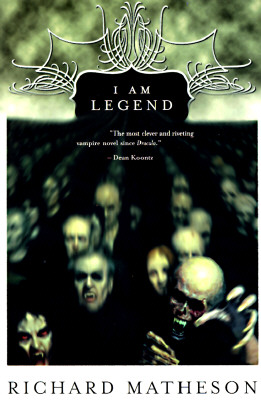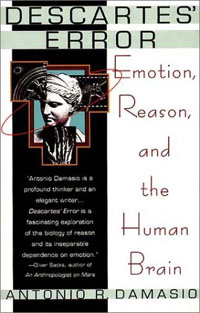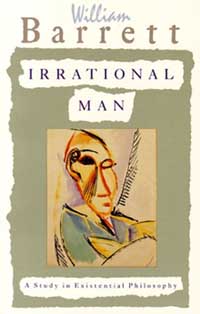
This was written as a response to Tan Kien Boon’s recent post praising the movie of the same name starring Will Smith and would properly show up as a comment on his blog via trackback if only he wasn’t using Blogger. Granted I haven’t watched the movie, but I have read the book it was supposedly based on and considering the spoilers to the movie version that I’ve read, actually watching it isn’t particularly high on my list of priorities. I’m sure that the movie is a decent enough action flick like so many others starring Will Smith like Bad Boys 2, Independence Day and Men In Black 2; entertaining, action-packed and exciting but schlocky, shallow and sappy.
The problem however is that it chooses to call itself “I Am Legend” and then proceeds to completely throw away all that is great in its source material. The real I Am Legend is a horror novella by Richard Matheson first published in 1954. It’s an influential and highly regarded book and the fact that it’s still in print today is a testament to its popularity. I highly recommend that people read the novella themselves but for those who aren’t going to read it anyway, here’s what makes the story so great and why its really called I Am Legend.




